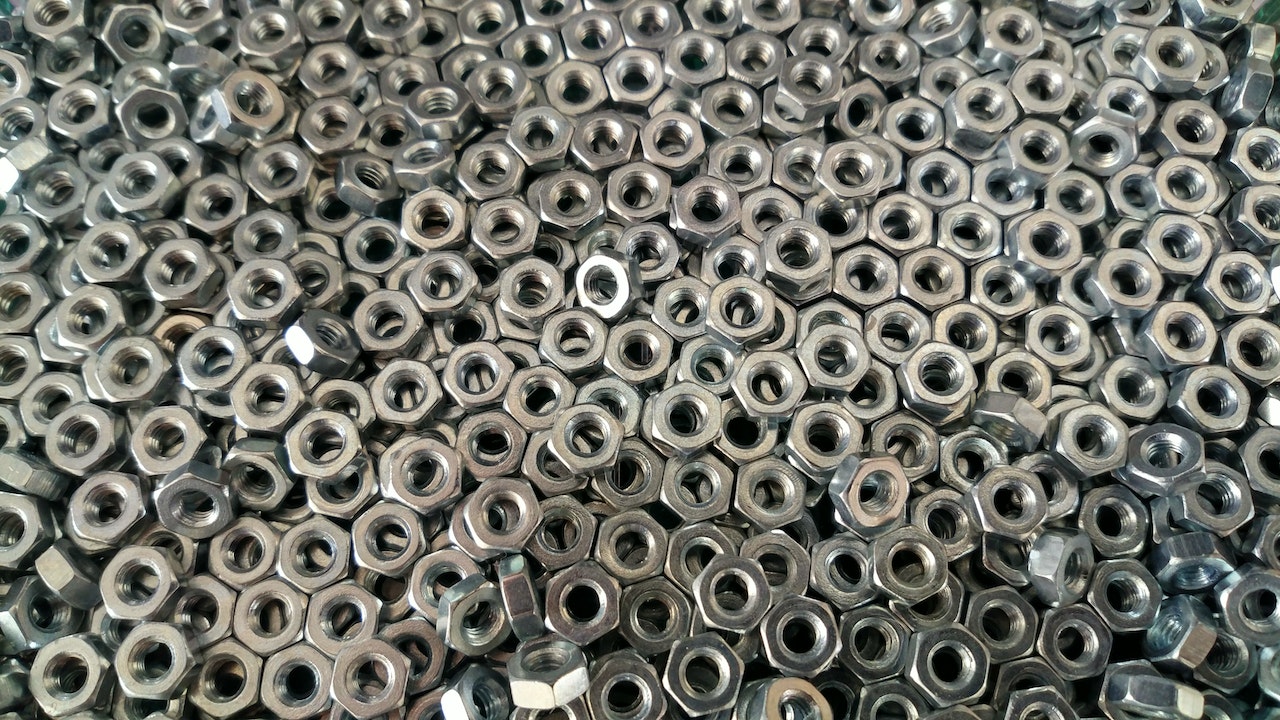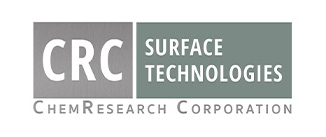
08 Nov Hard Chrome vs. Electroless Nickel Plating
Is one plating method really better than another? With so many metal plating options, it can be difficult to make the best choice. Let’s compare hard chrome vs. electroless nickel plating and the benefits that each process has to offer to ensure you pick the right solution for your next job.
What Is Hard Chrome Plating?
Chrome plating adds a layer of chromium to a metal surface. There are two basic types of chrome plating—decorative and hard chrome. Decorative chrome is used mainly for aesthetic purposes. Hard chrome, on the other hand, is typically used to improve the corrosion resistance and durability of metal parts. A layer of hard chrome is much thicker and more durable than a layer of decorative chrome.
Process
Applying a layer of hard chrome involves electroplating. During this process, the metal part is placed in an electrochemical bath. An electric current is used to extract chrome particles from the solution and deposit them onto the metal surface, creating a protective coating. The layer of hard chrome improves corrosion resistance and also reduces friction and seizing.
Applications
Hard chrome plating helps extend the life of tools and machine parts used in a wide variety of industries. For instance, it’s used in the automotive industry to give vehicle parts a more aesthetic and durable finish. Hard chrome is also ideal for the aerospace and defense industries, because it improves the wear resistance of parts that are frequently exposed to water or heat.
What Is Electroless Nickel Plating?
Electroless nickel plating is the process of coating metal parts with a nickel-phosphorus alloy. Just like hard chrome, the nickel coating protects the metal from corrosion and wear. Electroless nickel plating can also be used as a means to salvage worn out parts.
Process
Unlike electroplating, the electroless nickel plating process does not require an electric current. Instead, this process uses an autocatalytic chemical reaction to deposit the nickel-phosphorus coating onto the metal part. The amount of phosphorus in the coating influences its hardness—low phosphorus plating has the hardest coating, while high phosphorus plating is much softer.
Applications
Like hard chrome plating, electroless nickel plating is also used in a wide variety of applications. It can protect pistons, valves, pump fittings, and more in the automotive, aerospace, and oil and gas industries.
Hard Chrome vs. Electroless Nickel Plating: Which Is Better?
Electroless nickel plating and hard chrome plating offer many similar benefits when it comes to hardness and wear resistance, and both can be applied to a wide range of materials. The major factors you need to consider when choosing one coating over another are the cost of the process and the durability requirements of the part that needs metal finishing.
Cost
Compared to hard chrome plating, electroless nickel plating is typically more affordable. Hard chrome plating often requires an extra step of polishing or machining, which adds to the cost. And, because electroless nickel plating can salvage old parts, it also saves the cost of replacing those parts.
Durability
Both electroless nickel plating and hard chrome plating are durable finishes that extend the life of metal parts. However, hard chrome is better at reducing friction, while electroless nickel plating has better corrosion resistance.
In some cases, hard chrome plating requires polishing to properly protect the metal surface. Electroless nickel plating is the best choice for parts with lots of holes or unevenly shaped parts, because it can form an even coating more quickly, without the need for polishing.
Metal Finishing Solutions in Arizona
Not sure whether you should choose hard chrome plating or electroless nickel plating? The experts at CRC Surface Technologies can help you determine the best metal plating solutions for your specific needs. We offer a wide range of metal finishing solutions in addition to hard chrome and electroless nickel plating. Give us a call at 602-253-4175 to learn more about our services, or email rfq@chemresearchco.com to request a quote.
Images used under creative commons license – commercial use (11/8/2022). Photo by Hakan Erenler on Pexels

